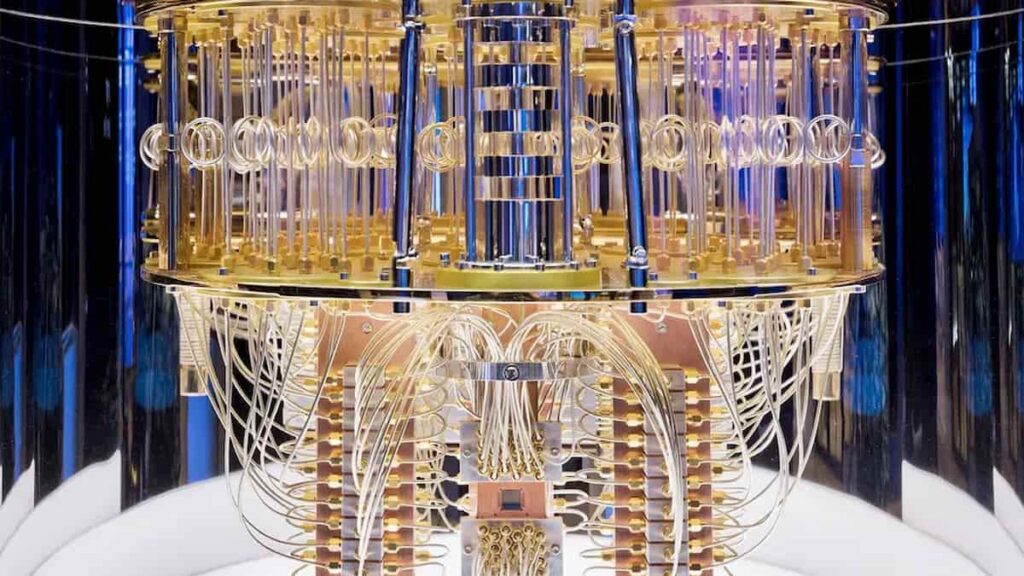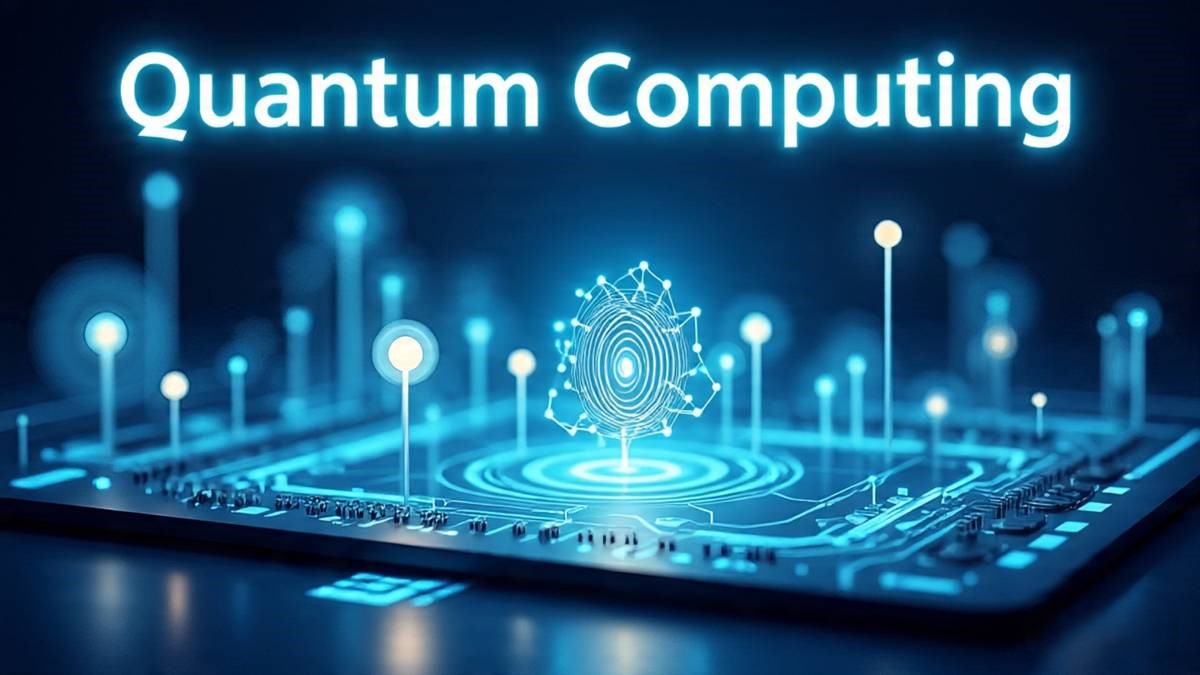Quantum computing is a revolutionary technology that could change everything we do in our lives by the year 2030. Unlike traditional computers which take one calculation at a time (while also doing many calculations at once) quantum computers can do millions of possibilities at the same time – they are exponentially more powerful.
🌌 What is Quantum Computing?
Quantum computing is an emerging technology built on the concepts of quantum mechanics. With quantum computing, we move to qubits and quantum superposition and quantum entanglement that allow computationally possible states to remain simultaneously in many states (e.g. 0, 1, both 0 and 1 or neither). This means more possibilities and exponentially more computational power.

🤖 Future of Quantum Computing by 2030
The future of quantum computing looks incredibly promising. Experts predict that by 2030, quantum computers will outperform the most powerful supercomputers in solving complex problems across various sectors, including:
- 💊 Drug discovery and protein folding (Revolutionizing healthcare)
- 🚦 Real-time traffic optimization (Transforming smart cities and transport)
- 📈 Complex financial simulations (Enhancing predictive power in finance)
- 🤖 Artificial intelligence acceleration (Unlocking next-gen tech potential)
As quantum breakthroughs continue, it’s clear that quantum computing and the future are now inseparable. It’s not just an upgrade—it’s a technological transformation.
🌐 Real-World Applications of Quantum Computer
What makes quantum computer so thrilling is its wide range of real-world applications that extend far beyond theoretical experimentation:
🤖 Artificial Intelligence & Machine Learning
Using quantum computer, researchers can get models and training completed quickly, increase prediction accuracy, and take deep learning to a whole new level, transforming modern AI.
🔐 Cybersecurity
Through quantum encryption, it may be possible to render traditional hack-based techniques obsolete, as they also open up possibilities for virtually impossible-to-break communication systems.
🌍 Climate Modeling
Scientists will be able to leverage quantum simulations to model global weather systems with unprecedented accuracy, which provides a significant benefit to climate change research and forecasting.
🧬 Genomics
Being able to do gene sequencing faster via a quantum computer and identify complex biological patterns will complement state-of-the-art genomic research, such as CRISPR-based gene editing
🚀 Quantum Computing vs Classical Computing
The comparison is jaw-dropping:
For context, quantum computers are expected to solve in minutes what might take classical computers millions of years, especially in areas like drug discovery, AI, and encryption. Their impact may parallel other disruptive technologies we’ve covered, such as the newly discovered giant exoplanet reshaping how we understand space systems—both fields redefine what we thought was possible.
✨ How Quantum Computing Will Change the World
- 🔬 Breakthroughs in Drug Development: Predict drug reactions at the molecular level to revolutionize personalized medicine.
- 🔐 Unhackable Communication: Quantum key distribution (QKD) will ensure ultra-secure data transfer that classical hackers can’t break.
- 🌐 Quantum Internet: Ushering in a new era of connectivity, replacing the classical internet with quantum entanglement-based systems.
- 🚀 Space Exploration: Quantum simulations can decode cosmic puzzles, like gravitational waves and dark matter.
- 🤖 Boosted AI Reasoning: Solve complex AI challenges involving ethics, logic, and decision-making—at quantum speed.
🕵️ Why Quantum Computing Matters More Than Ever
As we move toward an AI-dominated and data-driven society, the limitations of classical computing become more obvious. Quantum computer matters because:
- 🌍 It can help combat climate change via advanced environmental simulations and modeling of global systems.
- 🛡️ It enhances decision-making in global economics, logistics, and national defense through quantum-powered optimizations.
- 🌐 It democratizes access to high-level computing power, opening the door for innovation across developing countries and startups.
🌐 Final Thoughts: The Quantum Leap Into 2030
Quantum computing isn’t just a technical upgrade; it’s a revolutionary paradigm shift that will reshape fields from healthcare and cryptography to economics and space research. With exponential progress underway, quantum technologies could unlock solutions to problems that classical computers can’t solve.
As we approach 2030, expect to see quantum computer at the heart of major breakthroughs—driving innovation, enabling disruption, and accelerating human advancement across every sector.
🧠 Want to stay ahead of the curve? Keep exploring the latest science breakthroughs and emerging tech updates at Science Pulses.
🤔 Frequently Asked Questions
What is quantum computing in simple words?
Quantum computer is an advanced type of computing that uses quantum bits (qubits) to process information. Unlike classical bits, qubits can be in multiple states at once, allowing quantum computers to solve complex problems much faster.
How is quantum computer different from classical computer?
Quantum computers use principles like superposition and entanglement, enabling them to perform many calculations at the same time. This makes them exponentially more powerful than classical computers for certain tasks.
When will quantum computer become mainstream?
Experts predict that by 2030, quantum computer will start solving real-world problems in areas like medicine, climate, and cybersecurity, and could become mainstream in tech and research sectors.
What problems can quantum computers solve?
Quantum computers can simulate molecules for drug discovery, optimize logistics and supply chains, boost AI learning, and crack current encryption algorithms — something classical computers can’t do efficiently.
Is quantum computer the future of AI?
Yes. Quantum computer will supercharge AI by solving complex models faster, enabling machines to understand logic, emotion, and decision-making in ways that aren’t possible with classical computing.




